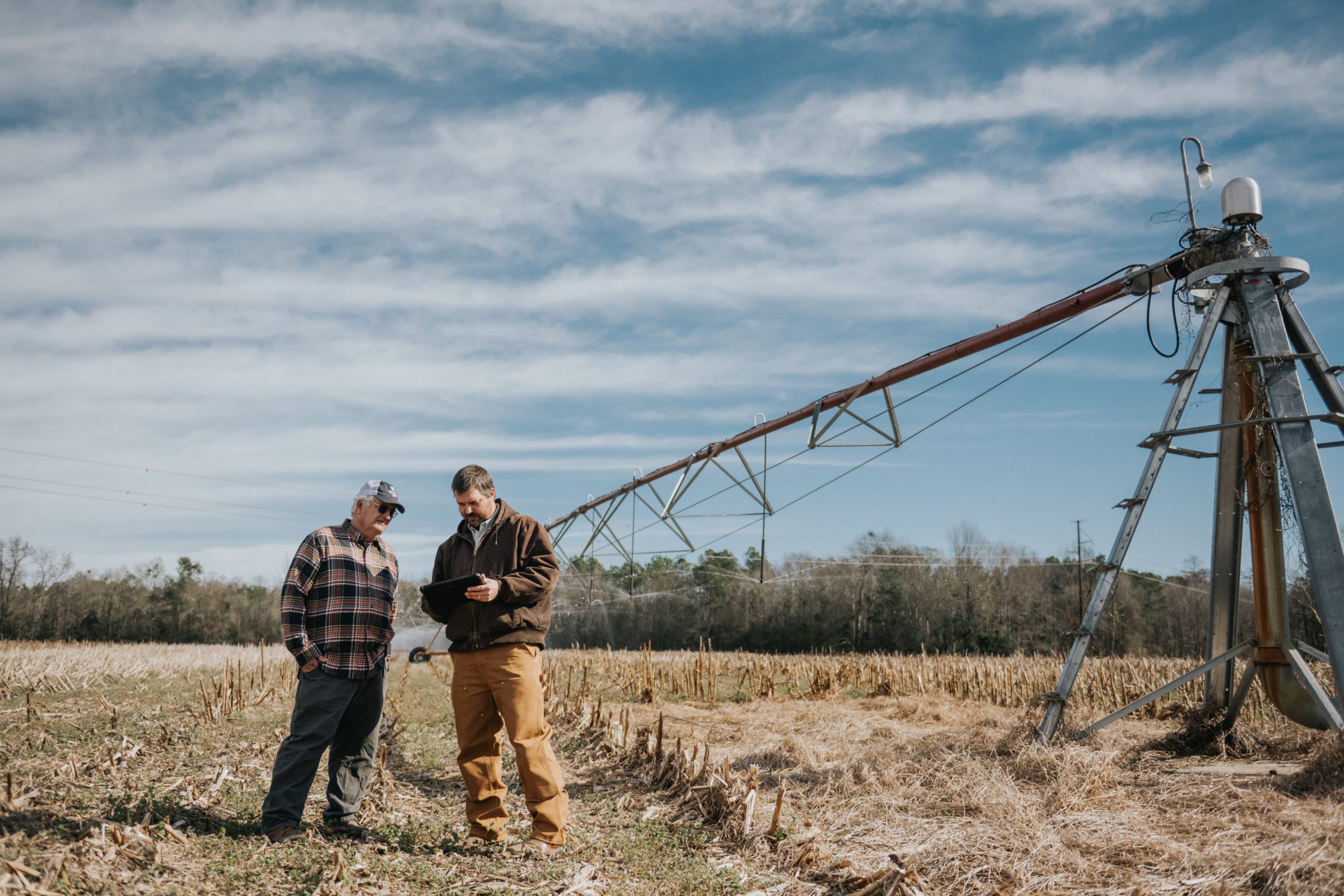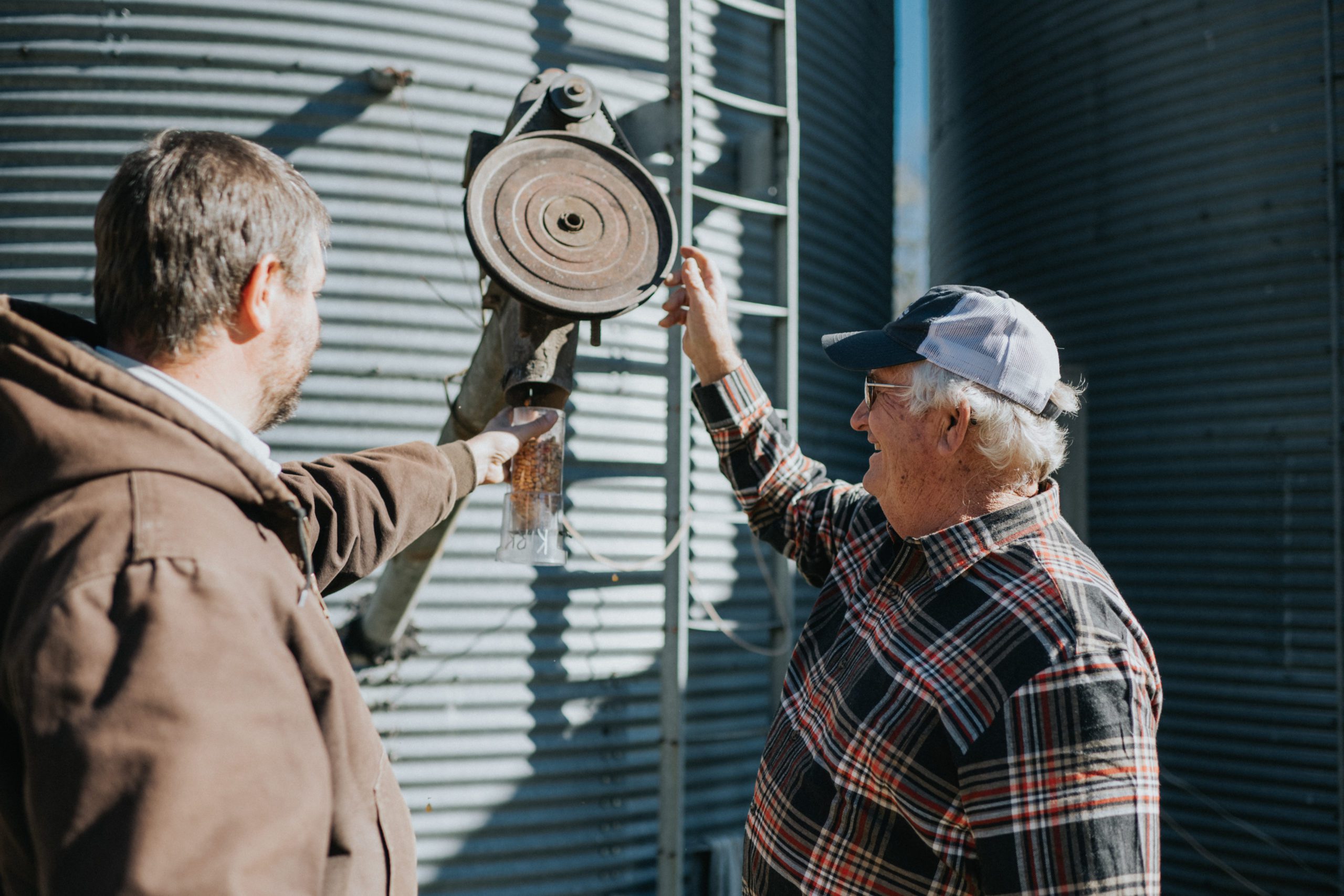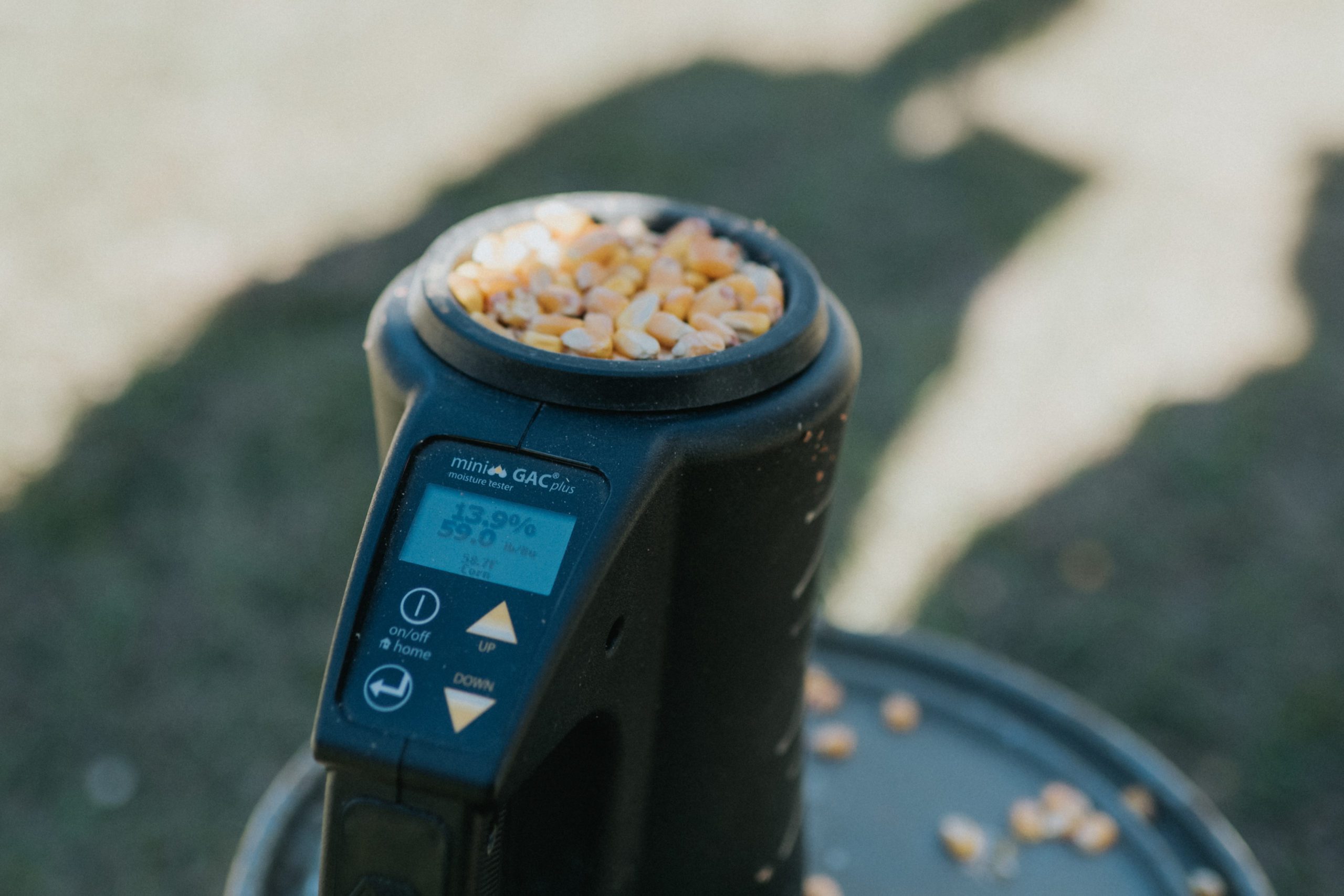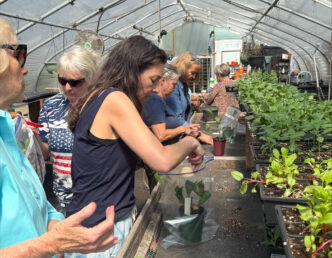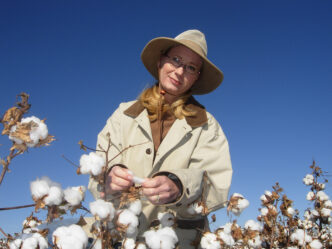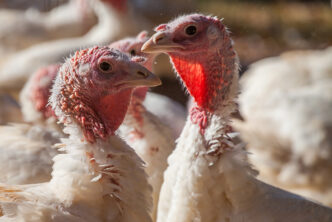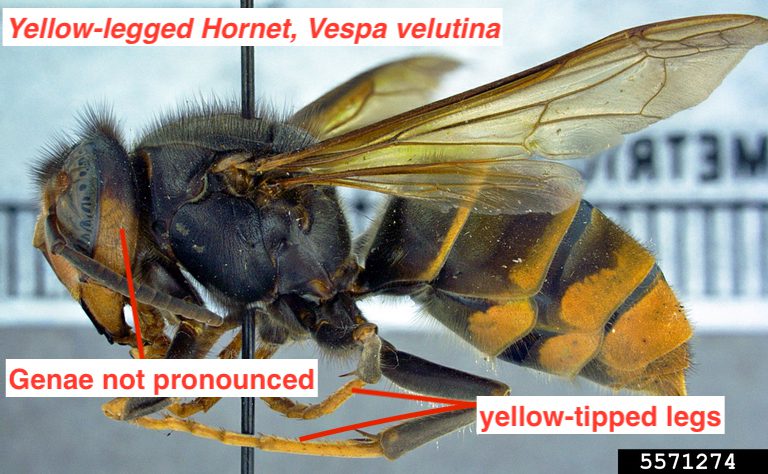Clemson University has built a body of research designed to boost the bottom lines and best practices of the state’s farmers, even during challenging times.
The past 12 months have been largely profitable for South Carolina farmers, but challenges — beyond the regular ones of bad weather, invasive pests and blight from disease — are on the horizon. And that makes the coming year far more uncertain in an already unpredictable industry.
Rising fuel prices. Labor shortages. Hard-to-find machinery parts due to supply chain issues. And perhaps most of all, the price of fertilizer, which has doubled in the last year and is expected to reach an all-time high in the coming months.
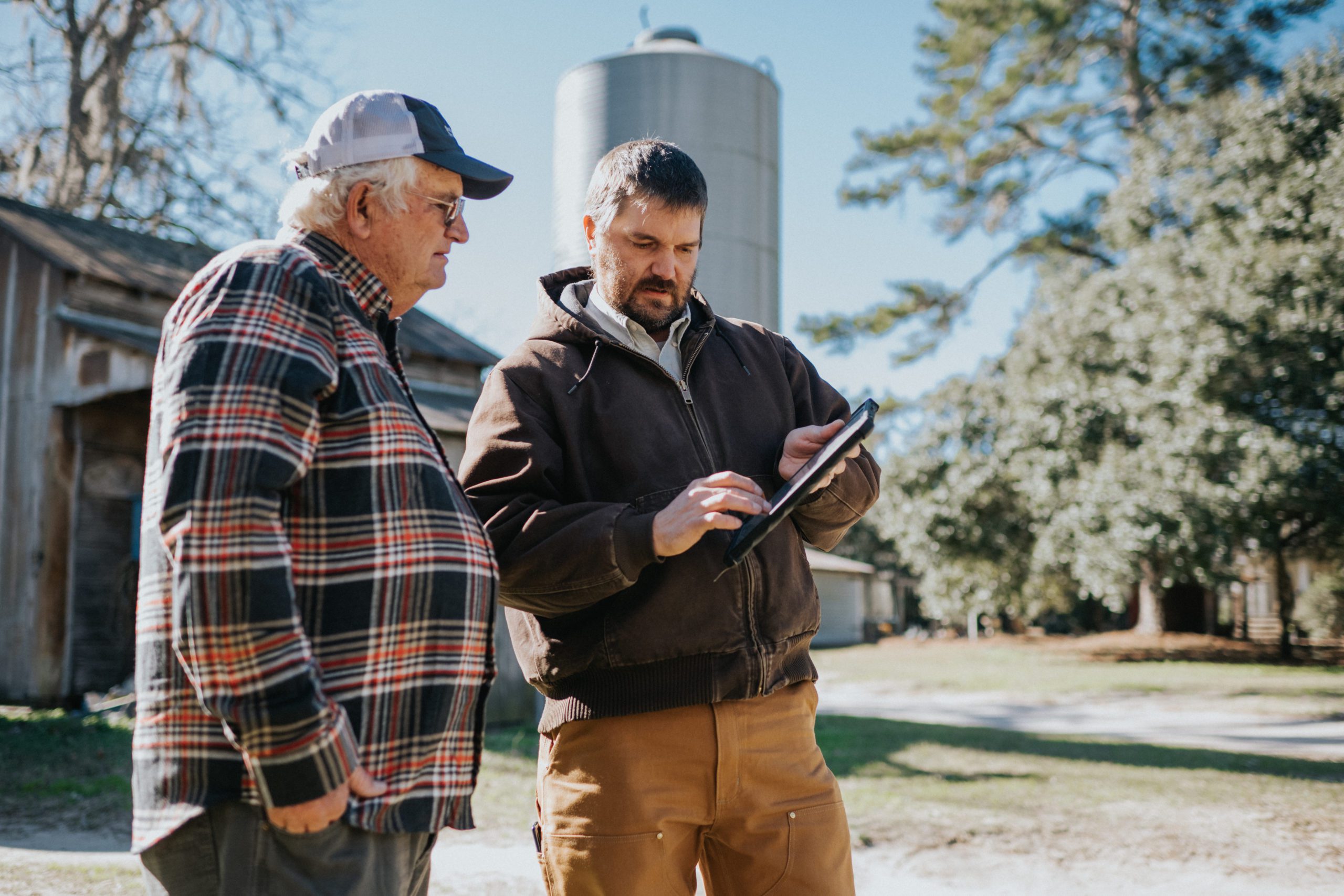
Clemson can’t change economic uncertainty in the agriculture industry any more than it can alter the weather patterns that affect farmers’ crops. But University researchers, who have a deep and abiding respect for those who grow for a living, are developing new technologies that can help. It is research designed to improve farm profits when times are good, reduce losses when times are bad, and also help them plan.
Agricultural research and technological advances can mean the difference between success and failure for farms that have endured for multiple generations. That’s why Clemson is putting precision agriculture to work: so that agribusiness — one of the state’s fastest-growing and largest economic sectors — continues its unparalleled success alongside South Carolina’s next generation of farmers.
The University’s precision agriculture research is laying the groundwork for faster, better, more reliable farming technology for the state’s 4.8 million acres of farmland. One way Clemson does this is through a family of web applications available online. With more than 6,000 monthly views, these apps are growing in popularity.
This technology provides answers where estimates once had to suffice. As a result, the people using these applications are poised to grow more than crops this year; their collaborations across the state are growing solutions for South Carolina’s farmers.
The teacher-researcher
Raised in the suburbs of South Carolina’s capital city, Clemson precision agriculture engineer Kendall Kirk grew up knowing relatively little about farming — beyond what he saw in his family’s backyard garden or learned while cultivating the occasional food plot in preparation for deer season.
Nearly three decades later, he is part of a precision agriculture program at Clemson that is pioneering innovative farming practices designed to make South Carolina agriculture competitive with the world.
“Farmers are among humanity’s greatest stewards of the land and its resources,” says Kirk, a three-time Clemson graduate and adjunct assistant professor in the Department of Agricultural Sciences. “We’re building a storehouse of data that will provide answers to the farmers of tomorrow — farmers who will have questions we never even thought about asking. At the same time, Clemson helps today’s farmers work smarter, not harder.”
As an undergraduate at Clemson, Kirk had never given much thought to agriculture. Instead, he planned to pursue law and thought he’d like to become an intellectual property attorney. A graduate assistantship at the University’s fish farm, followed by research on designing and developing control systems in aquaculture, paved the way for his work today. This includes designing irrigation systems testing — not on the coast but in the diverse soils of South Carolina’s inland farms, alongside farmers and students.
About 80 percent of his graduate students are what Kirk describes as “homegrown ag mechanics.” They know how to run a tractor and drive a four-wheeler; they can turn a wrench, operate a welder, and understand the workings of the machinery, electrical, and pumping systems they’re trying to improve.
However, developing software is not a skill set they already have, Kirk says.
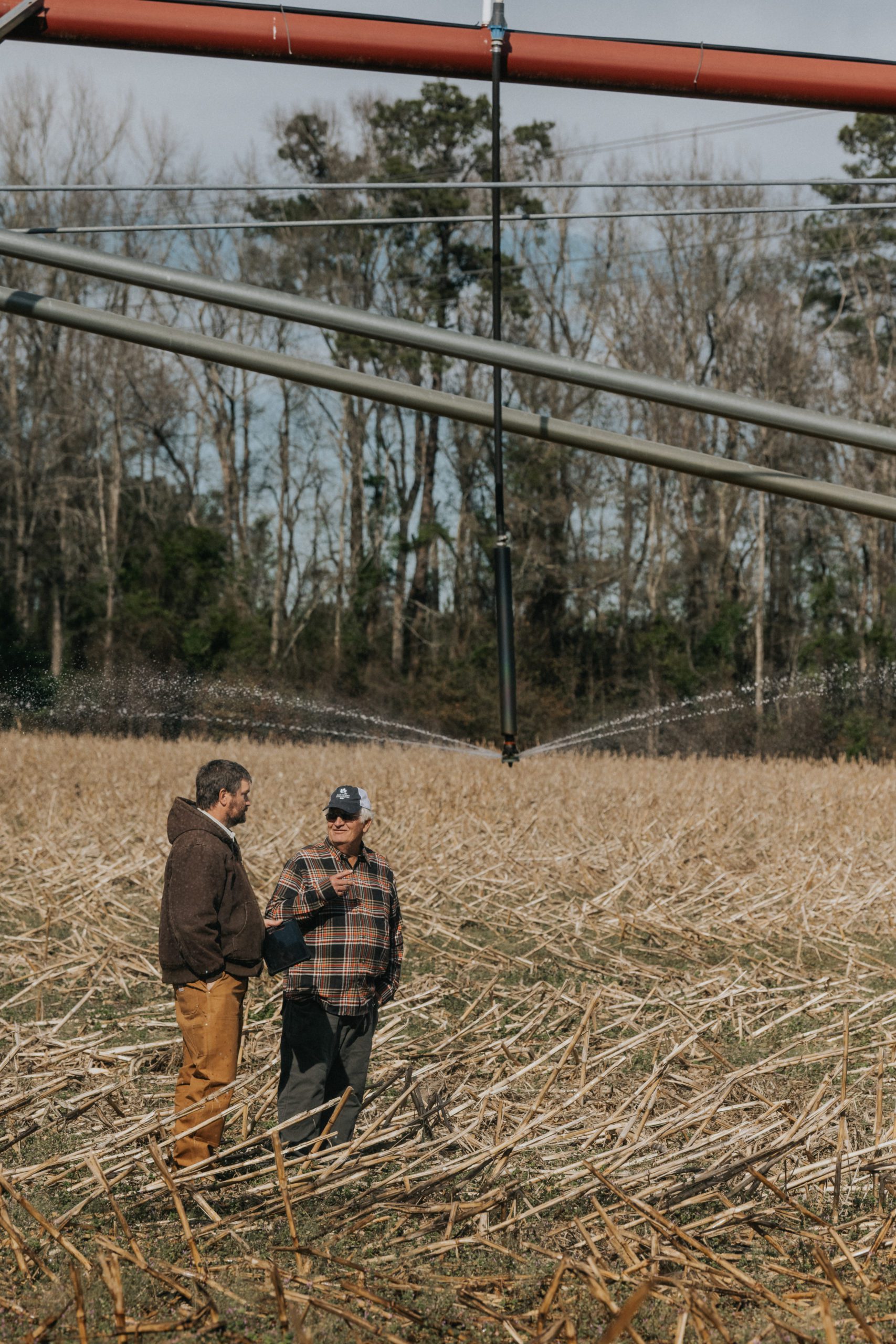
We have strong ties to the agriculture community and a longstanding desire to continue to serve and strengthen our relationships with farmers. That’s what makes Clemson different: Our roots as a land-grant institution represent a dedication and focus on research and a commitment to our state.
Kendall Kirk, Precision AGRICULTURE ENGINEER AND ADJUNCT ASSISTANT PROFESSOR, DEPARTMENT OF AGRICULTURAL SCIENCES
“They leave this program exposed to it, interested in it, and we help them build it around their work,” Kirk says. Likewise, the testing and research programs that Kirk introduces to farmers expose them to the possibilities and empower them to make informed choices that improve their bottom lines, which helps them weather market volatility better.
“Research leads to additional information,” Kirk says. “If the research you do doesn’t lead to additional questions, you’re probably not paying close enough attention. Our farmers understand that, and they understand we’re not speculating when we make recommendations.”
Today, instead of practicing intellectual property law, Kirk is working with the Clemson University Research Foundation to develop his own intellectual property in the form of the apps and inventions preparing to make their way from field tests to farms across the state.
Kirk, his colleagues and their respective students — in partnership with farmers across South Carolina — collect data on everything from plant height and nitrogen levels in leaf tissue to how much water different sprinkler heads distribute in a field and the optimal speed of peanut-digging and cotton-harvesting machines. Clemson gathers and sorts that information the way farmers cull their crops, pairing the healthiest data findings with researchers’ boots-on-the-ground experiences to provide answers.
He has also participated in the development of yield-monitoring technologies for key South Carolina crops, including hay and peanuts. And his Clemson map-based software for zone soil sampling enables farmers to inexpensively practice variable rate fertilizer management; ongoing work will soon make this tool much more accessible and versatile.
The peanut farmer
Bamberg County farmer Richard Rentz, a Clemson agricultural engineering alumnus and current chairman of the South Carolina Peanut Board, is not afraid to try new things. Especially if there’s a cool factor involved.
The 65-year-old, fifth-generation farmer and Clemson alumnus (agricultural engineering ’78) will one day pass his 1,000-acre farming operation down to his two sons. But in the meantime, he continues to research and employ precision agriculture technology in his fields, learning something new sometimes daily. Farming innovation is a kitchen-table topic most nights in his family, and Clemson is seated squarely at the center of that conversation. His sons rent land from him and are developing their startup operations.
“It comes up almost every night,” Rentz says, chuckling about his family’s dinnertime banter about the future of farming. “I keep telling my sons they need to think a little bit outside the box.”
For him, that means developing niche markets but not forgetting about the hard, sometimes heavy, lift of managing a farm operation, from labor to production, he explains. In a “little rural county” like Bamberg, Clemson’s work is part of what makes future farming both attractive and sustainable — to him and his sons, Rentz says.
He rotates a crop of cotton, corn and peanuts, and he’s developed a successful niche market in green peanuts. Peanuts are where he’s looking for future growth. An essential rotational crop for South Carolina, they are planted seasonally, harvested around November and rotated with other cash crops like cotton to naturally break the disease and nematode cycle, a pest that can reduce yield and impact crop quality, causing economic loss to growers.

It takes a lot more money to farm now than my family’s earlier generations who grew their own seed, with animals that grew their own fertilizer. Now, we rely on commercial fertilizer, and we buy almost all our seed. We are more reliant on others than we were in the past. Precision agriculture. Precision guidance systems on our tractors. The research we have on loss and nutrients and analysis. These have been critical to our success, and Clemson really is on the cutting edge.”
Richard rentz, Bamberg County farmer, Clemson agricultural engineering alumnus and current chairman of the South Carolina Peanut Board
On a national scale, peanuts are a minor crop, but in the Southeast, they are a major one. So, any pivotal research work on peanuts will be done in the Southern states. Since Rentz started farming in the 1970s, there have been no major commercial upgrades to the equipment used to dig peanuts. But Clemson is changing that for Rentz and others.
Although precision agriculture is relatively well developed for crops like soybean and corn, which is farmed more extensively in the Midwest United States, for rotational crops like peanuts, precision ag technology is still in its infancy. That makes what Clemson is doing in South Carolina not only relevant but revolutionary.
A system that automatically adjusts the depth of a digger has been installed and operated successfully on Rentz’s tractor for several years; developed by Clemson, the hope is to license it to a manufacturer so that farmers everywhere can benefit from the technology.
One Clemson-informed technology Rentz employs on his farm includes automatic-rate controllers that help him spray less herbicide in his fields, which is better for his pocketbook and the environment. Variable-rate fertilizer technology is another tool, and it has helped him identify more specific spots that need fertilizer, reducing yield problems and waste associated with over-fertilizing. And for the past two years, Rentz has employed drone technology. Flying his DJI Phantom Pro, which Kirk’s team initially demonstrated for him, Rentz now regularly surveys his 1,000 acres more easily and completely than ever.
“I can actually take it up and go down to the other end of the field. I can get down low and see if I’ve got a good stand. I can see small weeds earlier. I can cover a whole field much quicker with a drone than walking it or even driving it,” Rentz explains. “Just take that drone up a little bit, and you can judge how much you’ve done.”
From his early days as an undergraduate to today, Rentz says Clemson has broadened his view of what’s possible.
The industry man
Eighth-generation farmer and Carolina Irrigation Solutions co-owner David Segars works alongside his father, Goz Segars, a 1966 Clemson graduate who majored in agronomy. The elder Segars is a founding director of Clemson’s Land Stewardship Foundation, and he has served on the Clemson University Foundation Board and the Clemson University Real Estate Foundation.
So, when it came time to help inform a center-pivot irrigation project, the younger Segars said his year spent working with Clemson was an easy fit. Research for the project was designed to help make one of the most popular irrigation systems in South Carolina more reliable and more efficient.
Not only did the study result in more efficient irrigation for their family farm, Segars says, but they’ve translated that knowledge base to their Valley Irrigation Dealership, which serves the irrigation needs of farmers in the greater Hartsville area.
“The center-pivot irrigation project with Clemson helped us pinpoint inconsistent water application, improving our energy efficiency and water usage,” Segars says. “We have been able to modify our product offerings to provide more responsible resource management to our customers.”
As available farmland decreases and the state’s and the world’s populations grow, increased productivity and yield are more and more essential to South Carolina’s farmers, Segars explains.
“We hope our family will remain in agribusiness long into the future with Clemson beside us,” he says. “Helping us adapt to the changes in agricultural production, Clemson helps farmers improve our processes to produce more while preserving the precious resources we depend on for our future.”
The corn and cotton farmer
As far back as he can remember, Springfield, South Carolina, farmer Jeffrey Axson remembers farming. His father and grandfather were both part-time farmers. His great-grandfather farmed full time, and for nearly two decades, Axson has done the same.
“When I was little, I always helped my dad on the farm, and I just enjoyed everything about it,” says Axson, past president of the Orangeburg County Farm Bureau and a current state farm bureau board member. “Being outdoors. Being in the country and being able to work with your hands. You can really see the fruits of your labor.
“It’s not immediate, so farmers have to have a lot of faith, but just being able to use the skills that you know that you’re good at and grow your crop and do your best, and when it all comes together, it’s very rewarding.”
Whether he’s working the farm or riding around on a Sunday looking at his crops, he feels at home on the land.
“There are challenges, and you often question, can I really keep doing this? But when you have a good year, it kind of eases your mind a little bit,” he says. “Every year is not always profitable, but if you get into farming to make a lot of money, you probably won’t last long.”
He farms cotton, corn, soybeans and string beans on his Orangeburg County land, Seven Oaks Farm. Among the Clemson technologies he’s used include variable-rate nitrogen research, which helps him better determine which parts of his farm require fertilizer, and irrigation efficiency technology to use less water to grow more crops.
“Clemson’s variable rate fertilizer research and its precision soil sampling — all the ongoing research Clemson does bring us tools to help us save money and be even more sustainable,” says Axson.
As South Carolina farmers increasingly compete with the world, technology and the Clemson research that supports it has become increasingly important. Although Axson predominantly farms cotton, peanuts, corn and soybeans, he’s also growing snap beans, a smaller niche market that not many other state growers are pursuing.
All this research enables us to be more efficient. That has been important this year, and it will be extremely important in the coming year. We can put those dollars to use and put our fertilizer where it’s needed, when it’s needed and in the proper amount.
Jeffrey Axson, Springfield Farmer, past president of the Orangeburg County Farm Bureau and a current state farm bureau board member
The modern farmer may be quick to adopt new technology, but even those early users are still limited by time and cost.
“A lot of the new technology we’re investing in is not cheap, so state support to help cost-share among farmers is beneficial,” Axson says.
Supporting farmers means supporting some of the fiercest advocates for South Carolina’s natural resources, he says.
“Many people don’t understand that the vast majority of farmers pride themselves on being good stewards of the land. Profitability is not the reason you farm; you farm to be good stewards of the land and hope and pray that you can be profitable,” Axson says. “Any farmer that neglects his resources will not be in business very long.”

